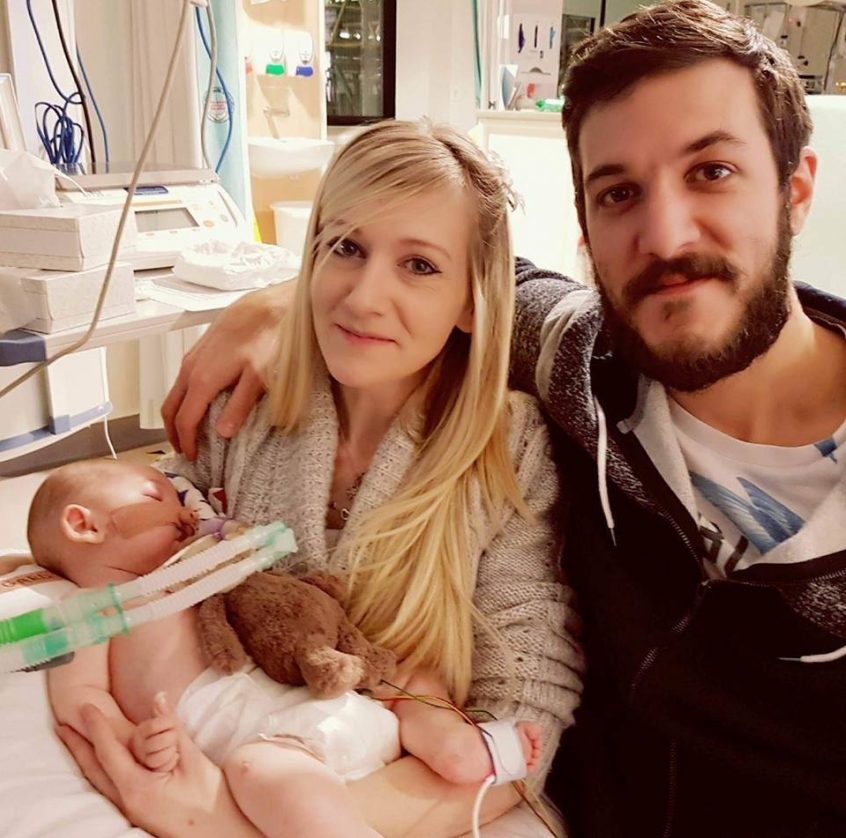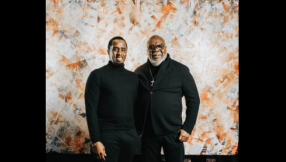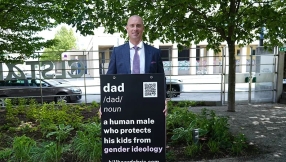
An unnamed US hospital today offered to treat 10-month-old terminally ill Charlie Gard for free, after President Donald Trump said he would be 'delighted' to help the baby and his parents Chris Gard and Connie Yates.
Reports of the offer of treatment came after a spokeswoman for the White House said that members of the Administration have spoken to the family, adding: 'The president is just trying to be helpful if at all possible.'
Trump's intervention followed that of Pope Francis, who has called for the parents to be able to 'accompany and treat their child until the end'.
Trump tweeted his support, writing: 'If we can help little #CharlieGard, as per our friends in the U.K. and the Pope, we would be delighted to do so.'
The Vatican said that the Pope was following the case 'with affection and sadness' and 'expresses his closeness to his [Charlie's] parents'. A statement added: 'For them he prays, hoping that their desire to accompany and care for their own child to the end is not ignored.'
The statement came on Sunday, as members of the public protested outside Buckingham Palace against turning off the baby's life support.
Charlie's life has hung in the balance since his birth. He suffers from mitochondrial depletion syndrome, a rare genetic illness which leads to progressive brain and muscle damage.
The European Court of Human Rights has refused the parents' appeal to take him to the US for experimental treatment. The court also refused to allow them to take Charlie home to die.
Judges concluded that further treatment would 'continue to cause Charlie significant harm', in line with advice from specialists at Great Ormond Street, where Charlie is being treated.
Charlie's parents had expected his life support machine to be turned off on Friday, but Great Ormond Street said it was continuing treatment to allow the family to spend more time with the baby.
Previously, a Vatican bioethics advisory panel had made a statement on the need to accept the limits of what medicine can do.
But last Friday, Archbishop Vincenzo Paglia of the Pontifical Academy of Life, said: 'We should never act with the deliberate intention to end a human life, including the removal of nutrition and hydration.'













